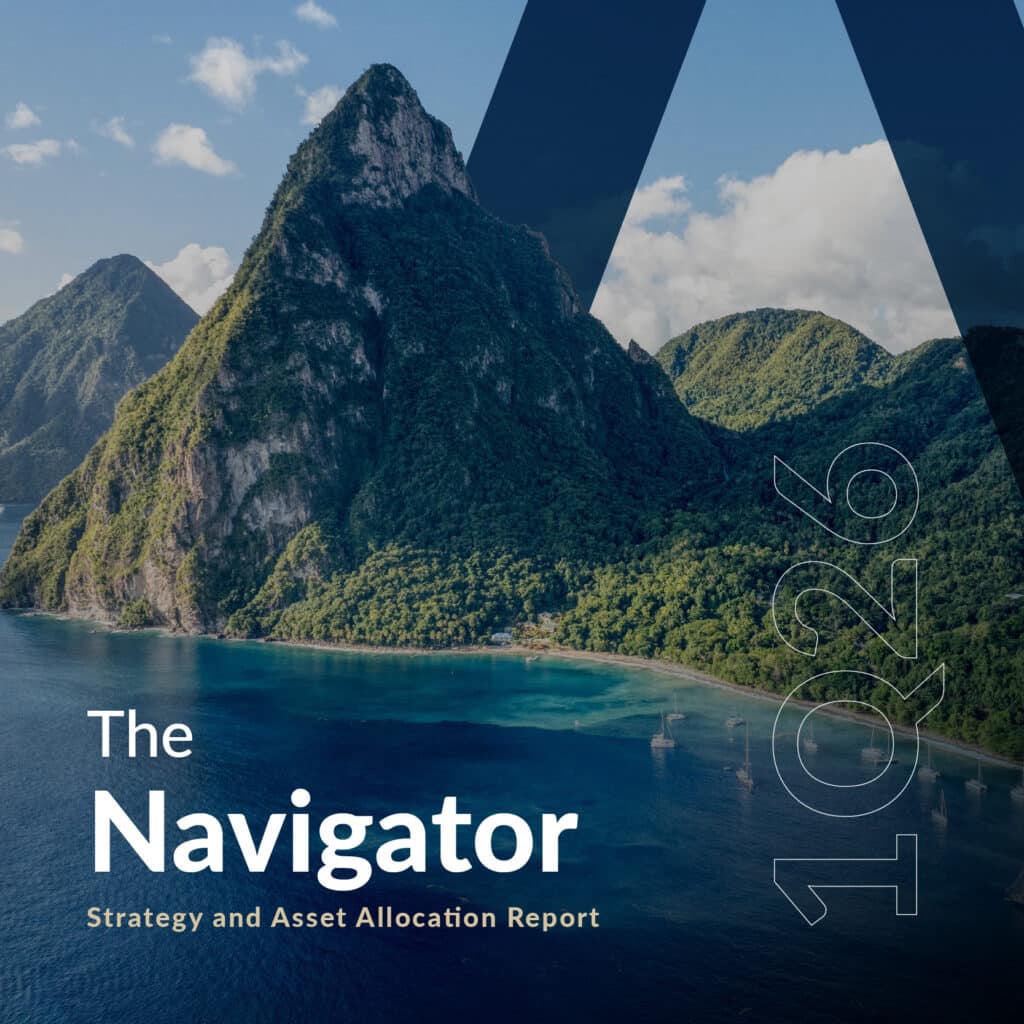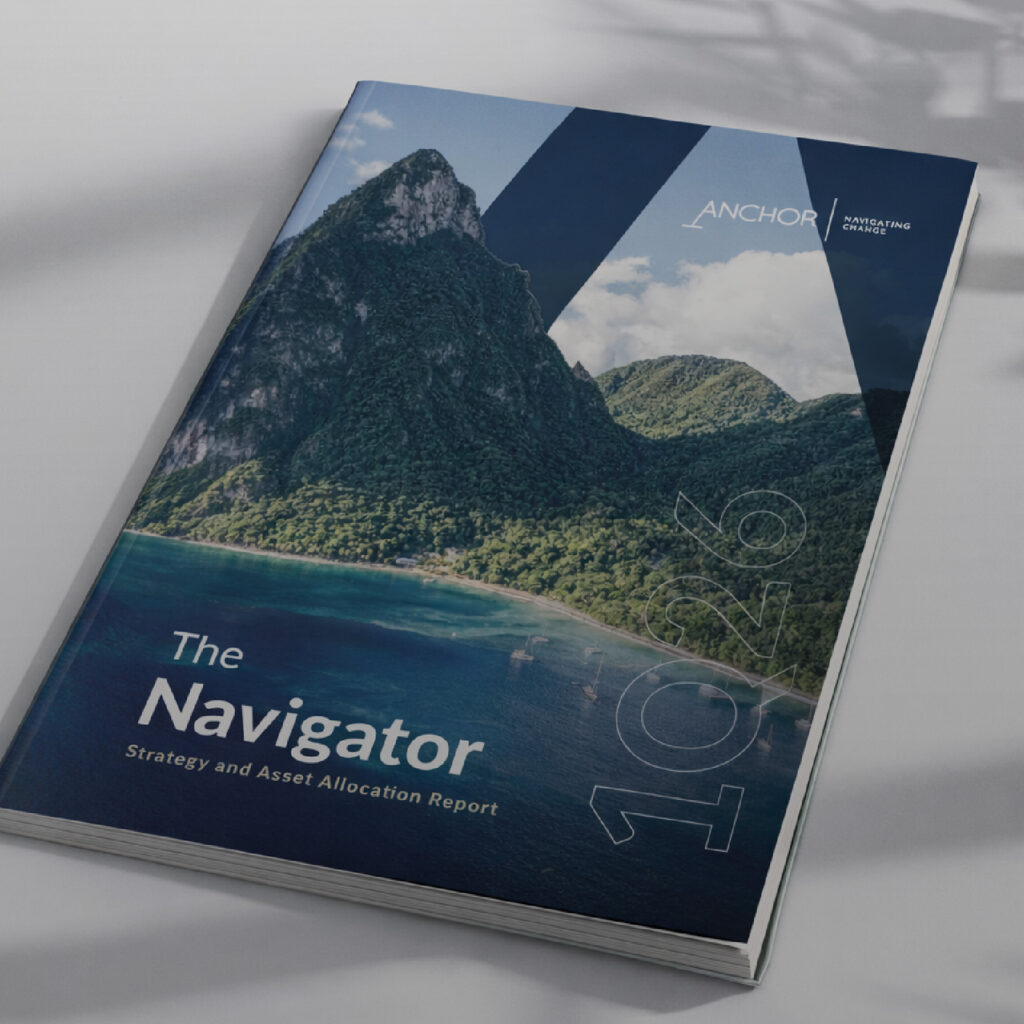When demand and spending prevails over the production of goods and services, resulting in producers further increasing prices, it is a catalyst for sustained inflation. The oversupply of money being circulated in an economy that exceeds what is needed for transactions also decreases the rand’s purchasing power. The COVID-19 lockdown is likely to lead to a decline in the prices of goods and services, with consumer demand for discretionary goods and services being especially hard hit, resulting in a decrease in prices. Due to the reduced economic activity during lockdowns around the world, we expect inflation to decline further. Some commentators are even concerned that this could result in deflation in developed economies such as the UK or the US, where the pandemic has significantly lowered economic demand. If, for example, the US’ economy goes into a depression, sustained deflation is possible and the US Federal Reserve’s (Fed’s) various stimulus packages is an attempt to curb deflation.
When a country’s economy shows robust growth, there is a higher demand for goods and services vs supply, resulting in higher prices and causing the inflation rate to rise due to these overall price increases. Inflation reduces the power of every rand that you earn – for example, with R1 you can buy more today than you will be able to in the future. Price increases will, over time, result in decreases in the value of, for example, an individual’s savings. Inflation will also have an impact on your investments if you have not made provision for those investments to take inflation into account.
Inflation can have a direct negative effect on a retiree’s standard of living, where the retiree’s investments are their main source of income. Inflation impacts savings if a country’s inflation rate outpaces the interest rate you receive on your savings from a bank. Long term, inflation erodes the purchasing power of your income and accumulated wealth. Central banks generally view high inflation as a threat and closely monitor price changes in the economy. The SA Reserve Bank (SARB), for example, will act to stem deflation or inflation through monetary policy, such as setting interest rates.
Below, we highlight some investments or asset class options which can be used to combat inflation or, conversely, are sensitive to inflation.
Bonds: Bonds with a fixed-coupon rate are vulnerable to inflation – if inflation rises over the rate of your bond, your investment will lose money in real terms. Inflation’s impact on bonds is most keenly felt in the reduction of purchasing power of the future principal repayment more so than the purchasing power of the coupons (although it is a combination of both).
Stock market: Having all your money in savings can result in a loss because of inflation, while your investment in the stock market could outperform the inflation rate. It is important to diversify your investments so that some of your savings are, for example, invested in equities that can provide an investor with protection against inflation. Inflation is generally positive for stocks because of the operating leverage (the impact of inflation on costs is lower than the impact of inflation on revenue), but this is often only true for “healthy” inflation which is caused by supply side constraints.
Real estate investment trusts (REITS): REITS are highly correlated to inflation, with some market commentators viewing REITS as an inflation hedge because when prices rise, the value of real estate increases and consequently REIT returns are usually higher when inflation rises. REITs also offer investors diversification and can provide higher yields than bonds. However, while REIT earnings have traditionally had a strong correlation to inflation, in the current COVID-19 environment it will depend on an investor’s exposure to the REIT sectors or which REITS you own as there is a strong probability that many will now withhold distributions or substantially reduce their pay-out ratios.
Gold: The jury seems to be out on gold as an inflation hedge – gold bulls believe it is a good long-term safeguard against inflation, but others are of the view that gold is an unreliable inflation hedge. Rising rates make the US dollar, for example, more attractive than gold – a stronger dollar is a headwind for gold prices.
Commodites: This is a broad category which includes grains, precious metals, oil, natural gas etc. Commodities are usually an indicator of future inflation – as the price of a commodity rises so does the cost of the product which the commodity produces. Here investments can be made into commodity exchange traded funds (ETFs).
US Treasury inflation-protected securities (TIPS): TIPS is a US Treasury bond indexed to inflation to protect investors against inflation. It pays out bi-annually at a fixed rate. TIPS’ value changes depending on the inflation rate and is available in five-, ten- and thirty-year maturities. TIPS’ performance tends to be relative to inflation expectations – i.e. if inflation exceeds expectations then these bonds do well and vice versa. Most countries have inflation-linked securities, not just the US.
Inflation should always be built into your investment portfolio since it can negatively impact the value of your investments. Suppressing the dangers of inflation is important to preserve the value of your long-term wealth. That is why it is important to get assistance from your financial advisor prior to making any investments – a financial advisor will assist you in selecting the right mix of assets for your portfolio which aligns with your investment horizon and future inflation expectations.




